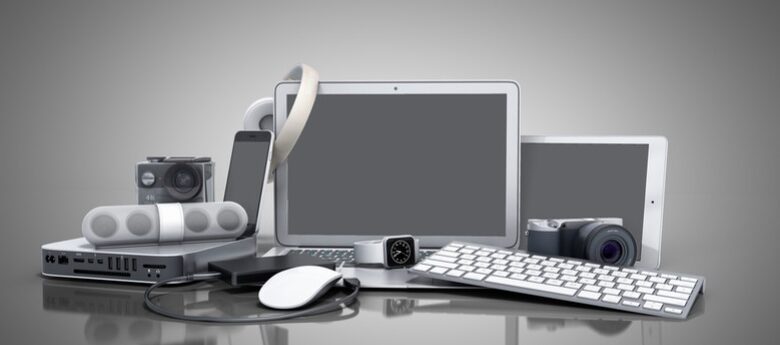Top Reasons Behind Why You Should Buy A Desktop PC Instead Of A Laptop

The dispute over laptop vs desktop PCs and which is better is as old as modern times.
Before starting your search, keep in mind that neither device is superior to the other. And that each has its own set of advantages. Your decision is primarily based on your personal needs and preferences for school, work and beyond. Whatever your choice, you can always google “Desktop computers on EMI near me” to find the retailers selling the products.
Table of Contents
Laptop Vs Desktop
Laptop |
Desktop |
| A laptop is a portable all-in-one computer with USB ports on the sides for connecting extra devices. |
A desktop PC is a computer that will remain stationary on a desk in an office or a
bedroom. |
| Laptops include a built-in screen, keyboard, and touchpad that doubles as a mouse, and they come in a variety of sizes. | A tower, a monitor, a keyboard, and a mouse are the most common components. |
| Although the capacity of laptop batteries is typically limited, many current batteries are large enough to give 12 or more hours of power before needing to be recharged. | In general, PCs are more customizable than laptops. When you choose a desktop computer, you may put together top-of-the-line parts for every aspect of the computer. However, with a laptop, your options are more limited. |
Why Desktop Computer?
While a desktop computer is difficult to move, a desktop PC is for you if you want a computer with many flexibilities.
- Desktop computers can store large files and perform tasks with high-resolution graphics.
- You can also customize desktops to meet your specific requirements. To improve your computing experience, you can add more storage, RAM, and a better graphics card.
- Desktop PCs also don’t have batteries, so you may use them for extended periods without plugging them in and recharging them.
- Desktops can be less expensive. You’re not paying for the display, trackpad, battery, or webcam, so you can put that money toward more affable desktop accessories or use what you currently have.
- Desktop PCs’ always-on nature also allows for various use scenarios that aren’t possible with laptops. You’ll need a computer that’s plugged in and running around the clock if you want to use Plex or Channels DVR to record over-the-air TV or stream your video library.
- To expand the storage capacity of a desktop PC, install another internal hard drive or connect an external hard drive. As a result, you may keep your startup costs low and expand as needed. While increasing the storage capacity of a laptop introduces a slew of additional issues.
Desktop Personal Computers (PC) are easier to sit down and operate. The ease with which you may add storage to desktop links to a larger point: workstations can feel less bulky than laptops, mainly when you use extra displays, webcams, speakers, mouse, and keyboards.
Before getting comfortable at your workstation, you won’t have to waste time looking for your laptop and connecting power cords and accessories.
Even if plugging in a few cords isn’t tricky, reducing small amounts of friction can make an enormous difference. Even having a high-end laptop docking station isn’t the same as being able to sit at your desk and begin working right away.
It can not be said whether those benefits are worth sacrificing the portability of a laptop.
However, they’re worth remembering the next time you’re looking for a new computer.




